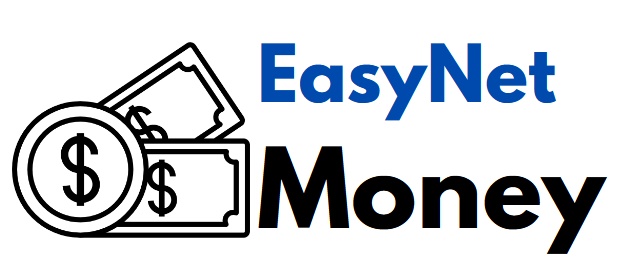The SEC (Securities-and-Exchange-Commission) of the United States has leveled a charge against Rivetz that the company has been involved in selling unregistered as well as illegal securities.
Rivetz remained unsuccessful in having a registration with SEC
In 2015, Rivetz’s foundation was laid to fulfill the key purpose of manufacturing a digital system for a key structure built on trusted hardware. As per the SEC, the company traded the digital assets entitled “RvT tokens” that were purchased by the investors within the United States and also from the areas external areas via an ICO, which was started in 2017.
Nonetheless, Rivetz was not successful in registering itself with the securities department. It was noted by the regulator that the firm collected over $18M in cryptocurrency from the investors thereof. This is how it advocated its RvT tokens via making promises about a high value in the future along with its accessibility on the other exchanges.
Rivetz tokens did not have any scope
The securities department moved on to condemn the non-applicability of RVT by saying that the consumers could not buy any services or products by using RvT tokens. Additionally, there was no further utility of the tokens in any of the services or products of Rivetz. Moreover, the organization spent or cashed the entire amount of the digital assets that had been collected in the sale by 2018’s March. Some of such funds were consumed by Steven Sprague (the founder) for individual expenses. Presently, Rivetz is defunct. It seems that the web presence of the firm was terminated during 2020 when the company’s website was turned offline. Its official Twitter profile was previously updated in 2019’s September.
SEC remains controversial in decisions
The crypto firms that have been defunct due to their failure in keeping the promises are time and again under attack by the U.S. regulator. Some other such cases during the recent few months include Loci and Coinbase that have been targeted by the department. Although the news regarding Rivetz may specifically be considered as an acceptable penalty for misconduct, it is bringing out more controversial consequences in the form of moves taken by the U.S. regulator. Recently this week, a threat has been issued by the regulator to sue Coinbase regarding its lending projects. Brian Armstrong, the firm’s CEO, has challenged this and categorized the moves of the regulator as a “sketchy behavior.”

